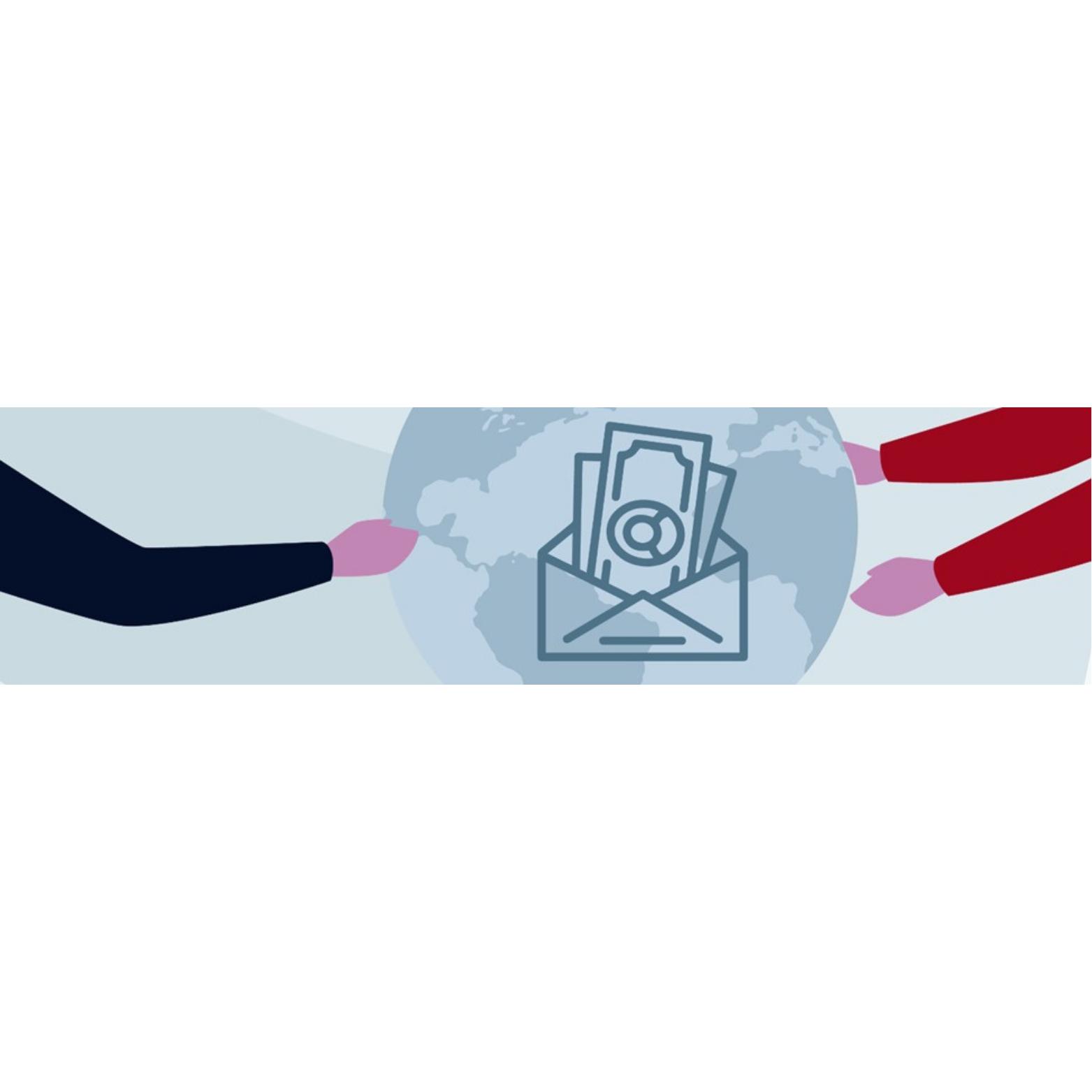
The Global Action for Business Integrity project aims to strengthen legal frameworks, promote public-private dialogue and guide companies and SMEs in developing compliance programs to prevent and combat corruption in the private sector.
The project is active in eight countries: Brazil, Colombia, Egypt, Ethiopia, Malaysia, Saudi Arabia, Ukraine and Uzbekistan. Furthermore, it has a global component that plays a critical role in increasing effective approaches, achieving sustainability and disseminating best practices on business integrity into global politics.
To achieve its objectives, Global Action for Business Integrity implements several activities that:
The project provides a common platform for dialogue and knowledge sharing between the public sector, private sector, civil society and academia to combat and prevent corruption.
Global Action for Business Integrity is funded by the Siemens Integrity Initiative. In Brazil, the project operates in partnership with the Office of the Comptroller General (CGU), the Federal Court of Auditors (TCU), SEBRAE, the UN Global Compact Network Brazil, the Alliance for Integrity Brasil and ICC Brasil
For more information, results and global and national impacts, access the project's global website (in English).